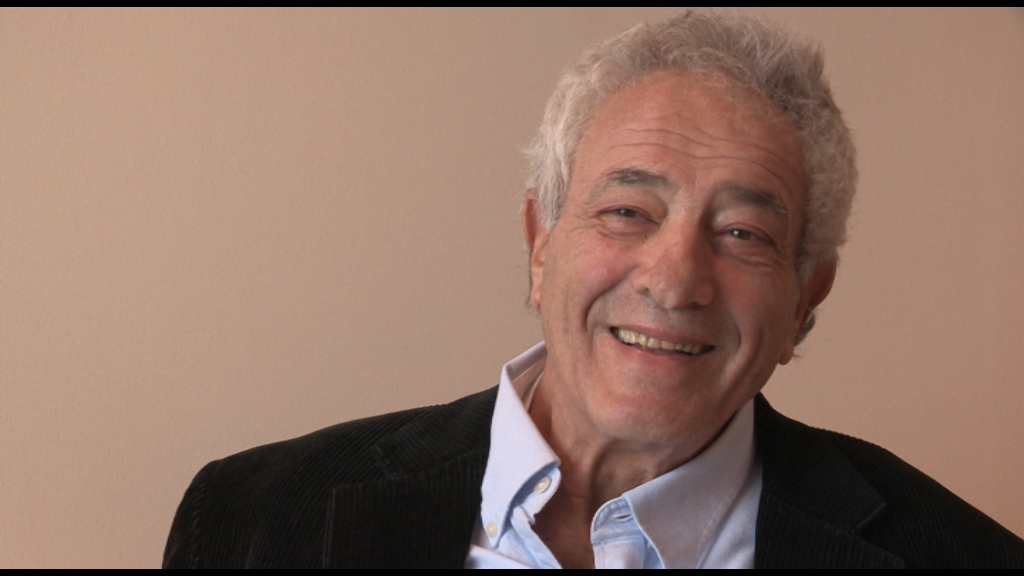NEXT STORY

Britain’s cultural imperialism
RELATED STORIES

NEXT STORY

Britain’s cultural imperialism
RELATED STORIES


|
Views | Duration | |
|---|---|---|---|
| 51. Getting a blasting from Ron Blass | 33 | 07:27 | |
| 52. Proud to be British | 23 | 02:25 | |
| 53. Publishing becomes political | 12 | 04:16 | |
| 54. Listening to the women in my life | 26 | 04:37 | |
| 55. Missing England | 31 | 06:57 | |
| 56. The future of book publishing | 36 | 02:06 | |
| 57. How to be a successful publisher | 22 | 03:14 | |
| 58. On being a 'great' publisher | 26 | 02:05 | |
| 59. My policy is to have no formal policy | 16 | 02:06 | |
| 60. Britain’s cultural imperialism | 20 | 03:15 |


My policy? Well, I'll tell you. I come into the office and I read a letter, and I answer it. And whatever I answer, that's my policy. And somebody telephones me and asks me something or other and I answer as best I can. And I guess that's my policy, whatever I've said. And someone comes in, either individually or collectively, and they want to know about production, or sales to Australia, or I don't know what. Anything. And I answer as best I can. I guess that's my policy.
However, after about six months, I did actually – I'd love to have it now, I'd love to have it now – I did write a letter to the staff about my general policy because I... I won't say I became English. I didn't become English or... I won't say I became British, I'd never say that, but I could see that the question also assumed that people would work together better if they knew the direction. And there was some point to it, that it was not just some traditional, non-reflective thinking that went on. It was not some 'Britishism' left over from the civil service that had now insinuated itself into private industry. I actually thought there was some point to it and I did issue... 'issue'. There's a phrase. I did write a policy letter. But do you see how you could fall into it you say, 'I did issue'. I mean, you become very, sort of, formal when you're not.
Peter Mayer (1936-2018) was an American independent publisher who was president of The Overlook Press/Peter Mayer Publishers, Inc, a New York-based publishing company he founded with his father in 1971. At the time of Overlook's founding, Mayer was head of Avon Books, a large New York-based paperback publisher. There, he successfully launched the trade paperback as a viable alternative to mass market and hardcover formats. From 1978 to 1996 he was CEO of Penguin Books, where he introduced a flexible style in editorial, marketing, and production. More recently, Mayer had financially revived both Ardis, a publisher of Russian literature in English, and Duckworth, an independent publishing house in the UK.
Title: My policy is to have no formal policy
Listeners: Christopher Sykes
Christopher Sykes is an independent documentary producer who has made a number of films about science and scientists for BBC TV, Channel Four, and PBS.
Tags: policy, letter, formality
Duration: 2 minutes, 6 seconds
Date story recorded: September 2014-January 2015
Date story went live: 12 November 2015